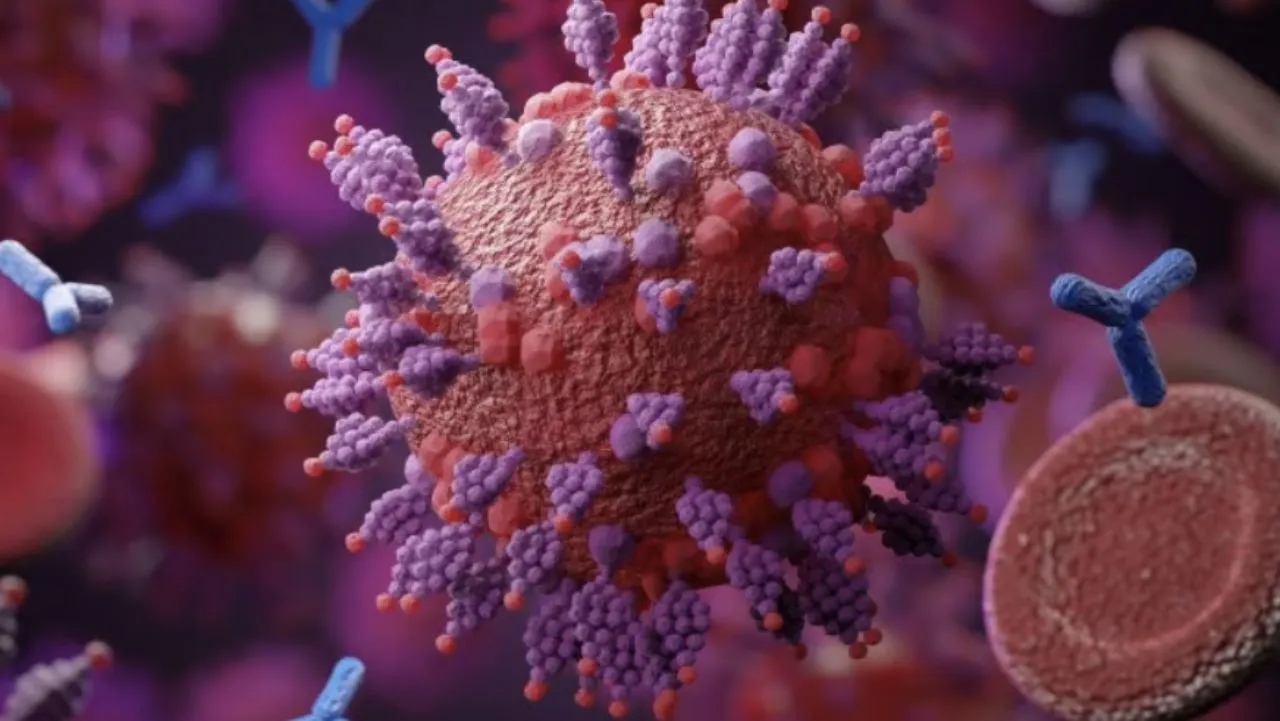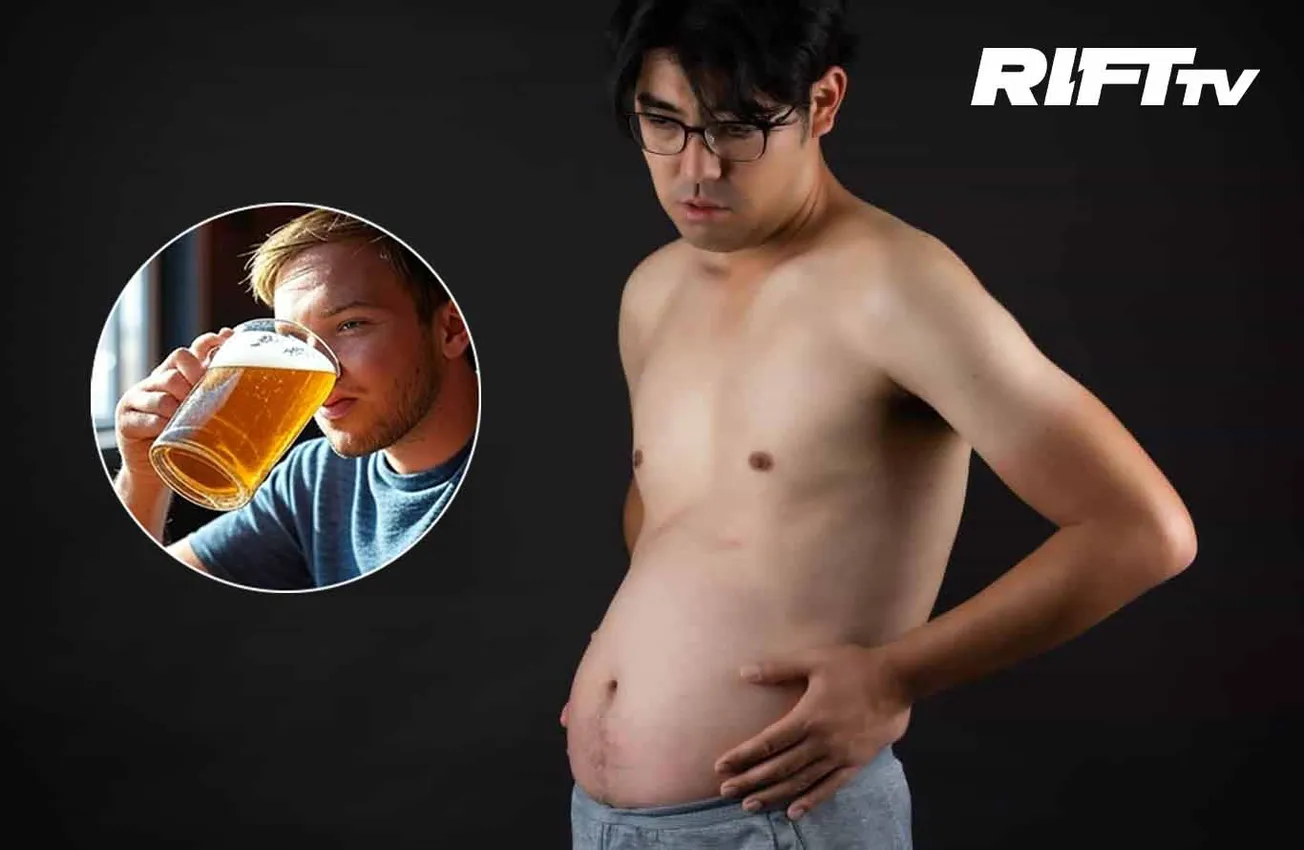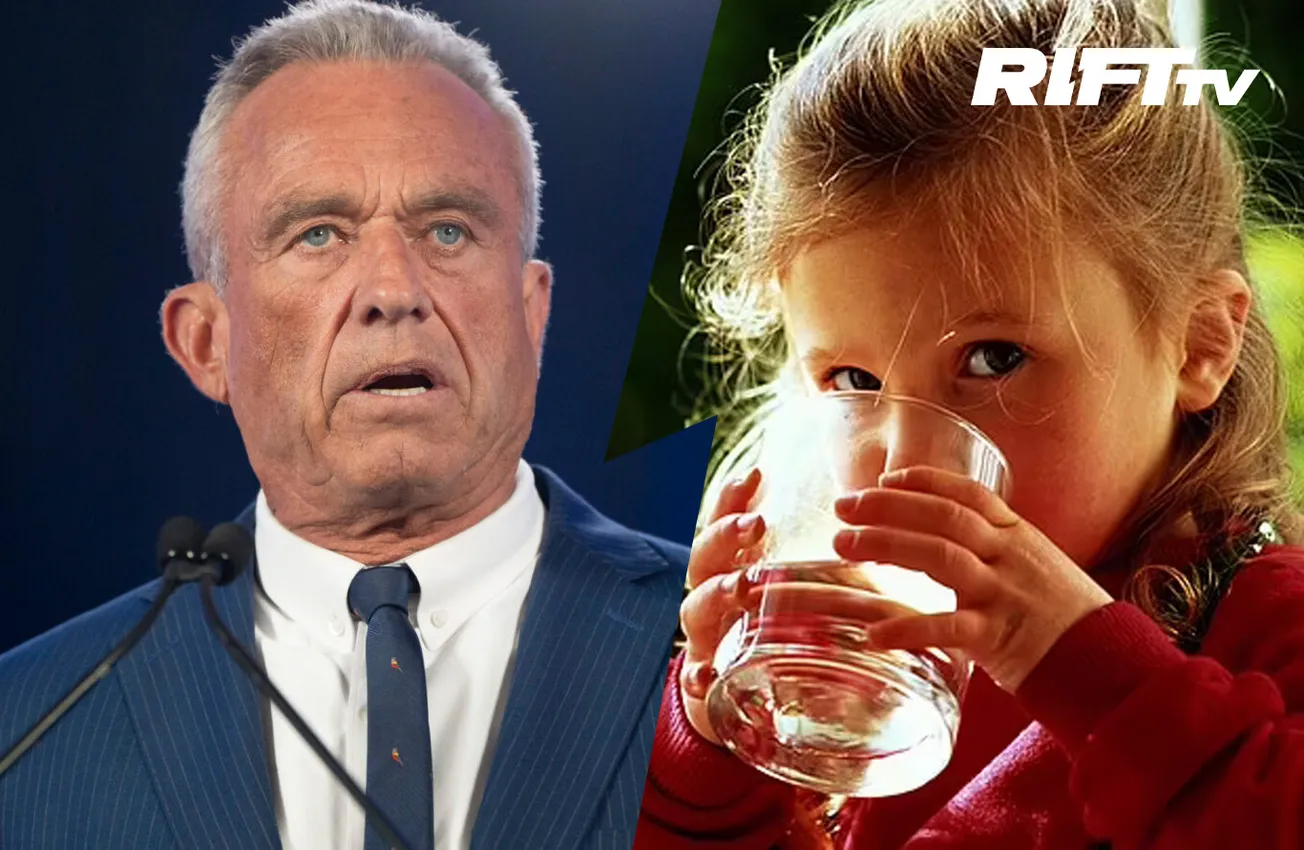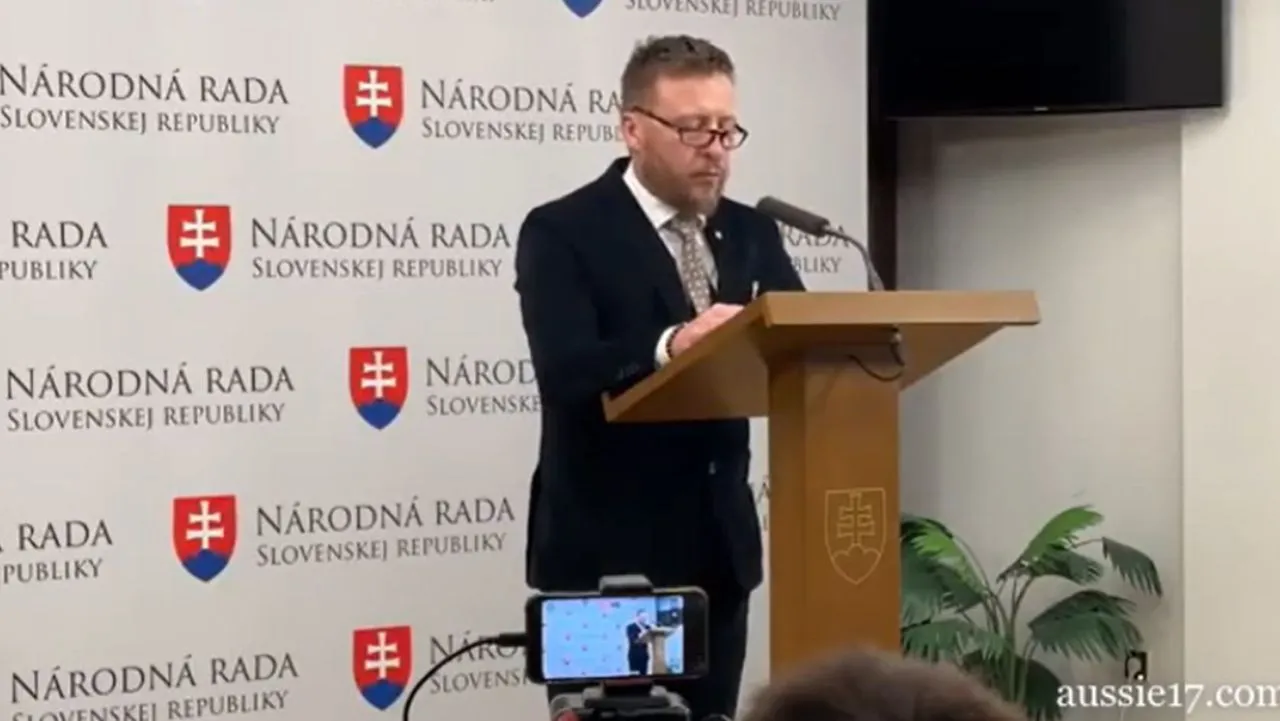This article originally appeared on TrialSite News and was republished with permission.
Guest post by Akiko Iwasaki, PhD
The opinions expressed in this article are solely those of the author and do not necessarily reflect the views or opinions of TrialSite Inc., its staff, or its affiliates. The information provided is based on the author’s understanding and knowledge at the time of writing and is subject to change as new information becomes available. Readers are encouraged to seek diverse perspectives and perform their own research before forming their own opinion.
The study is led by Bornali Bhattacharjee from Yale University School of Medicine, in collaboration with multiple departments, including Immunobiology, Biostatistics, and the Center for Outcomes Research and Evaluation at Yale, along with external contributors from Mount Sinai and other institutions. The co-senior authors include Leying Guan, Harlan Krumholz, and Akiko Iwasaki, all affiliated with Yale. Note that Krumholz and Iwasaki have been leaders in delving into questions of Long COVID and Long Vax.
The study investigates whether individuals experiencing chronic symptoms after COVID-19 vaccination—referred to as post-vaccination syndrome (PVS)—exhibit distinct immunological and antigenic signatures. The authors hypothesize that persistent antigenemia, immune dysregulation, and viral reactivation (e.g., Epstein-Barr Virus) contribute to PVS pathophysiology.
Study Design and Methods
This decentralized, cross-sectional case-control study included 42 individuals with PVS and 22 healthy vaccinated controls, recruited from the Yale LISTEN study. Participants were assessed for immune cell populations, cytokine responses, antibody levels, viral reactivation markers, autoantibodies, and circulating SARS-CoV-2 spike protein.

Key methodologies:
- Flow cytometry to assess immune cell phenotypes.
- Enzyme-linked immunosorbent assay (ELISA) for SARS-CoV-2-specific antibodies and Epstein-Barr Virus (EBV) reactivation markers.
- SPEAR immunoassay for detecting circulating spike protein.
- Serological epitope repertoire analysis (SERA) to analyze autoantibody profiles.
- Machine learning (LASSO regression, WGCNA) for identifying immune signatures predictive of PVS.
The study controlled for potential confounding by stratifying participants based on SARS-CoV-2 infection history and adjusting for vaccination status.
Findings and Key Data
The study identified several key immunological alterations in PVS participants. Altered T cell immunophenotypes were observed, with reduced memory and effector CD4+ T cells, including both Th1 and Th2 subsets, alongside a significant increase in TNFα+ CD8+ T cells, indicating heightened inflammatory responses. Lower anti-spike IgG titers were also noted, correlating with fewer vaccine doses received, and in infection-naïve PVS participants (PVS-I), these levels declined significantly over time post-vaccination.
Additionally, a subset of PVS patients exhibited serological evidence of recent Epstein-Barr Virus (EBV) reactivation, marked by elevated anti-gp42 and anti-gp350 antibodies, with increased gp42 reactivity associated with higher TNFα+ CD8+ T cell frequencies, suggesting potential immune dysregulation. Persistent circulating SARS-CoV-2 spike protein was detected in some PVS participants up to 709 days post-vaccination using the SPEAR immunoassay, paralleling findings in long COVID studies where persistent antigenemia has been linked to prolonged symptoms.

Autoantibody profiling revealed elevated anti-nucleosome IgM and anti-AQP4 IgA antibodies in PVS participants, suggesting possible autoimmunity, while controls exhibited higher histone H1 IgG reactivity, an autoimmune marker not linked to PVS. Finally, a machine learning model identified key immune features predictive of PVS, including increased TNFα+ CD8+ T cells, elevated MMP1 levels, lower IL-4+ and IL-6+ CD4 T cells, and decreased neuropeptides (oxytocin, neurotensin, and β-endorphin), achieving 78.1% accuracy in distinguishing PVS from controls.
Potential Implications
Emerging research on persistent post-vaccination syndromes (PVS) is raising critical concerns about long-term immune responses in a subset of individuals. One of the most striking findings is the presence of circulating spike protein months to years’ post-vaccination, suggesting that in some cases, vaccine-derived antigens are not efficiently cleared. This persistent antigenemia could be driving chronic inflammation and prolonged immune activation, mirroring mechanisms observed in long COVID.
Compounding this issue, evidence of Epstein-Barr Virus (EBV) reactivation in PVS patients has been identified, a troubling finding given EBV’s well-documented role in autoimmune diseases such as multiple sclerosis and systemic lupus erythematosus. Elevated autoantibody levels further suggest that dysregulated immunity post-vaccination may trigger or exacerbate autoimmune responses, raising significant concerns about long-term health implications. Additionally, increased TNFα+ CD8 T cell activation points to an ongoing inflammatory state that may underlie the systemic fatigue, neurological symptoms, and immune dysfunction reported by PVS patients—an immune signature that closely resembles long COVID. While COVID-19 vaccines have been instrumental in controlling the pandemic, these findings highlight the urgent need for further investigation into rare but persistent immune-related adverse events.
Moving forward, refining vaccine strategies—such as dose modifications or novel adjuvants—may be essential in mitigating prolonged immune activation in susceptible individuals, ensuring that vaccination remains both effective and safe for all populations.
Limitations
- Small Sample Size
- The study included only 42 PVS cases, limiting the ability to generalize findings to broader populations.
- Further studies with larger cohorts are needed to validate these findings.
- Potential Recall and Selection Bias
- Participants self-reported symptoms, which may introduce recall bias.
- The study selectively recruited individuals with severe PVS symptoms, possibly excluding milder cases.
- No Direct Causal Link Established
- While the study identifies immune alterations in PVS, it does not establish whether these are directly caused by vaccination or other environmental factors, nor was it designed to.
Conclusion
Bhattacharjee et al.’s study provides compelling evidence of immune dysregulation in individuals with chronic illness post-COVID-19 vaccination, including altered T cell populations, EBV reactivation, autoantibody production, and persistent spike antigenemia. While the findings warrant further investigation, they raise important questions about the mechanisms underlying prolonged post-vaccination symptoms. Future research should focus on validating these biomarkers, exploring therapeutic interventions, and refining vaccine strategies to minimize adverse immune responses.
You can download the full study below:
Copyright 2025 TrialSite News








